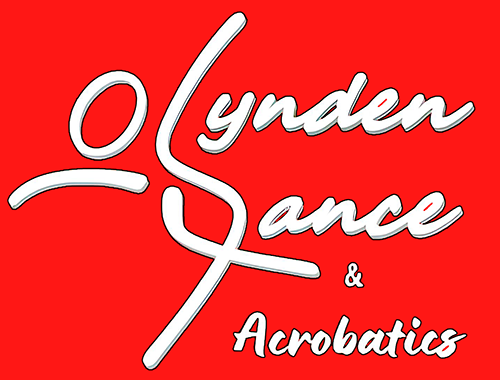Dancing might look graceful, but let’s be honest—it’s not all sparkles and smiles. If you're leaping around a studio in Basingstoke or Chineham without warming up properly, you're basically asking your muscles to complain. Whether you're pirouetting, tapping, or trying acro tricks, avoiding injury starts with doing things the right way. It might not sound exciting, but it works.
Warm-Up and Cool-Down: Important Every Time
Warming up helps your body get ready. Cooling down helps your muscles recover. Simple as that. Skipping either can lead to sore legs or worse. Try to make these part of every class:
- Dynamic stretches: Move gently to get your joints ready.
- Light cardio: A few minutes of movement to raise your heart rate.
- Breathing: Deep breaths help you focus and prepare.
Cooling down is just as important. Don’t stop suddenly—give your body time to ease out of the work.

Technique: Keeping Basingstoke Dancers Safe
Good technique isn’t just about looking tidy—it protects your body. From head to toe, every movement matters.
- Posture: Stand tall and aligned.
- Foot placement: Feet in the right position give you better balance.
- Core strength: Engaging your core gives you control.
Fuel Your Body
Dancers need energy, and that comes from eating well and staying hydrated. No one dances well when they’re running on empty.
- Drink water: Before, during, and after class.
- Eat balanced meals: Include fruits, vegetables, protein, and healthy carbs.
- Don’t skip meals: Your body needs fuel to move and recover.
Rest: Part of the Plan
You don’t get stronger by dancing non-stop. Rest is where recovery happens. Even the busiest dancers need breaks.
- Get enough sleep: It helps your body and brain.
- Take rest days: Muscles need time to recover.
- Gentle movement: Activities like stretching or walking help without overdoing it.
Listen to Your Body
Pain is a warning, not a challenge. If something doesn’t feel right, stop. Pushing through pain can turn a small problem into a big one.
- Pay attention to discomfort: Don’t ignore it.
- Ask for help: Talk to a teacher or professional.
- Follow recovery advice: Rest properly when needed.
Dance Smarter, Not Harder
At The Lynden School of Dance in Basingstoke and Chineham, we help young dancers build strong habits that keep them safe and confident. Looking after your body means you get to enjoy dancing for longer, with fewer injuries and more progress.
Interested in joining us? Have a look at our class timetable or book a trial. We’d love to welcome you to our dance family—no limping required.

